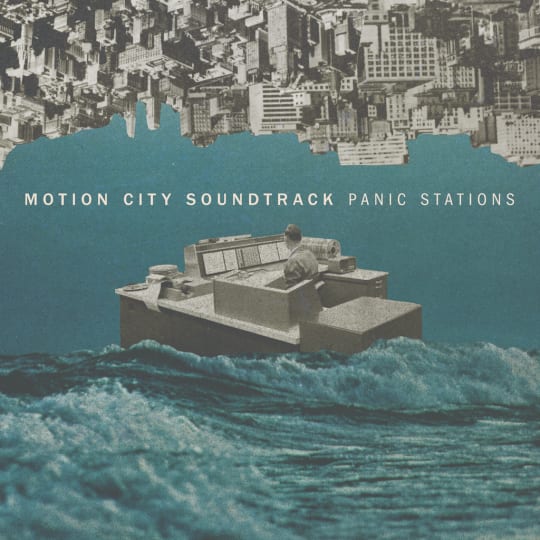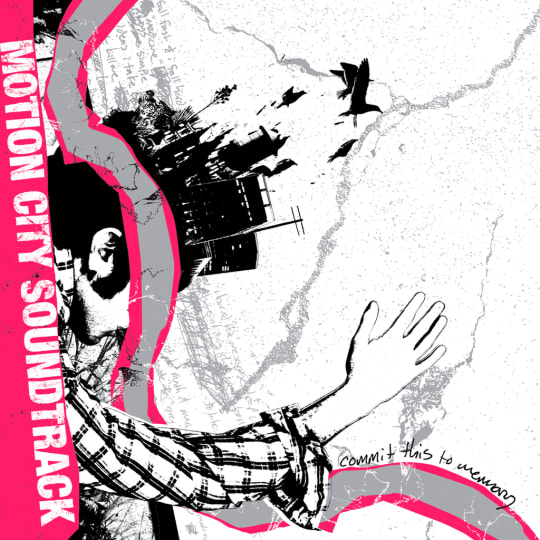Motion City Soundtrack Bio
“Don’t Call It a Comeback” isn’t just the name of a song off Motion City Soundtrack’s 2003 debut I Am The Movie, it’s also an apt way to summarize the band’s mission statement. During Motion City Soundtrack’s initial run from 1997 - 2016, the Minneapolis-based group released six celebrated albums, toured the world countless times and achieved gold status for their hit single “Everything Is Alright.”
After taking a three year hiatus, the band—vocalist/guitarist Justin Pierre, guitarist Joshua Cain, bassist Matt Taylor, keyboardist Jesse Johnson and drummer Tony Thaxton—started performing live again in 2019, but even the most optimistic fans didn’t necessarily expect a follow-up to 2015’s Panic Stations. “When we started conceptualizing the idea for this record, I was thinking about what we loved about doing this originally,” Cain explains. The result is The Same Old Wasted Wonderful World, an album that sees the band transmuting the last decade of life experiences into the most catchy songs of their career.
Featuring cameos from Fall Out Boy’s Patrick Stump (who also co-wrote the song “Particle Physics”), Citizen’s Mat Kerekes and Deanna Belos of Sincere Engineer, the album sees the band reclaiming their crown as punk rock’s most accessible—and infectious—acts. However the most impressive aspect of The Same Old Wasted Wonderful World is the fact that instead of relying solely on nostalgia and album anniversary tours, Motion City Soundtrack continue to experiment outside their comfort zone. “ It's a very interesting thing to feel like we made the most important record of our career this late in the game,” Johnson explains.
““I think that if you look at a lot of our past records, it’s about ‘What’s wrong? What am I not getting right? Why do I feel fucking crazy? Why can’t I figure this out’… and I figured it out,” Pierre admits. “It’s almost like I felt I didn’t have an identity [in the past] and now by working through the hard stuff, I know who I am.” That sense of self-discovery is mirrored by the music, so when the final track fades out with just acoustic guitar and Pierre’s vocals it may be the conclusion of the album, but it’s the beginning of another chapter for Motion City Soundtrack’s collective journey.








